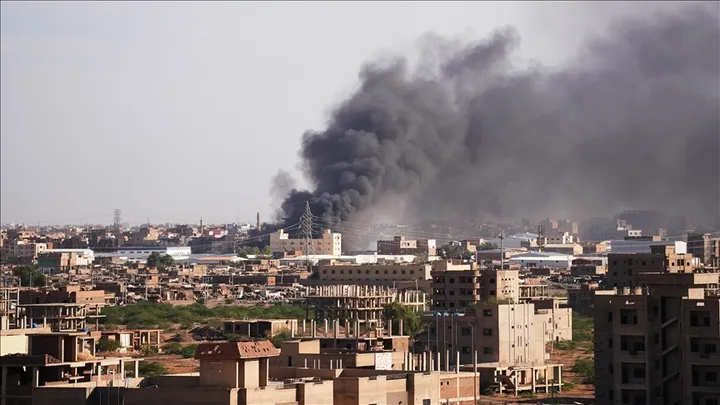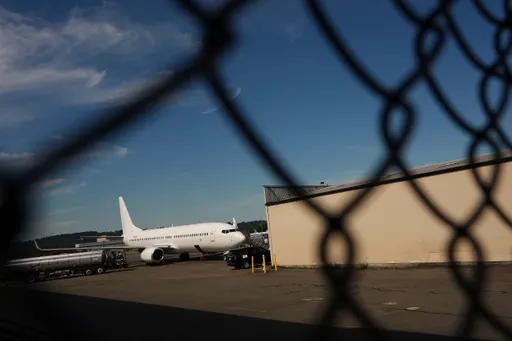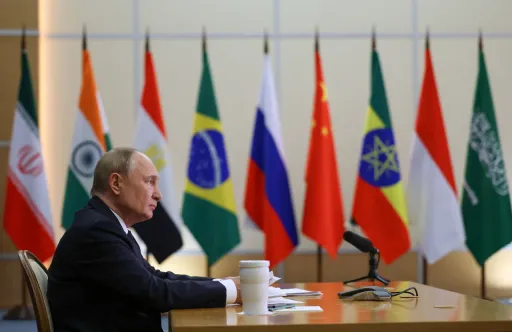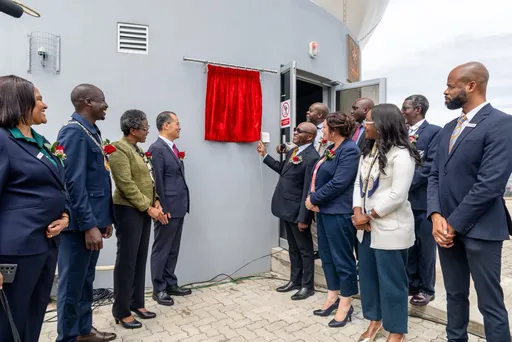By Gaure Mdee
A connected tongue emerged, one that was used by many coastal dweller and Shona trader.
It’s now known as Swahili, spoken by an estimated 250 million people across 13 countries.
“This is one version of how the language was formed and became the lingua franca of the East African region; this is, in fact, from my research is what I believe truly happened,” says Juma Kibacha, a Legal History Lecturer at the Institute of Management in Dar es Salaam.
In fact, Swahili comes from the Arabic word sawāḥilī – the plural adjectival version of an Arabic word that means “coastal”.
But this is, in fact, one of many claims as to how Swahili came to be and spread across the region.
The language has now evolved into something more; it has a heartbeat and life across the various cities, a language of its own with distinct claims from various regions.
In Nairobi, for example, Sheng is a mix of Swahili and English that lends its hand to identifying Kenyan urban youth.
DRC’s Lingala is basically Swahili with a twist and turn of letters. And even the Turkish share certain words like father (baba), pen (kelam) and textbook (deftar), to name a few.
But what does this actually mean in the long run for a language with such reach, history and potential?
Is it financially sound to have something of this sort? Let’s forget the African Union for a moment; imagine an African Free Trade Agreement with a unified language; wouldn’t that be something?
How Swahili got so leggy and spread across the region can be boiled down to four contributing factors; the Bantu migration, religion, its welcoming nature and being able to incorporate other languages without undermining.
The Bantu migration
An estimated 65 percent of Africa is Bantu or Bantu-related and covers more land than any other African group. It is important to understand that Swahili is a Bantu language, making it easy for Swahili to traverse this land.
“The languages travelled from Central Africa, all the way to the southern and southeastern African lands, before the borders were imposed on us in 1885 at the Berlin Conference and putting a stop to the Bantu migration,” explains Professor Aldin Mutembei, a researcher and Director of Kiswahili at the Confucius Institute at the University of Dar es Salaam.
Religion and business
Before colonialism, there was a lot of trade done in Swahili, so much so that some Far Eastern words were taken and integrated and vice versa into the language.
Written word spread faster than word of mouth, and religion was associated with Swahili because the Arabs were the first to put Swahili down on paper.
Missionaries and Mineralists had a problem spreading Christianity to stop the spread of the Arabic language but found it ingrained in the Bantu speech.
“A good Swahili person is Muslim because Arabs are Islamic,” explains Mutembei. This was the message of the times before the Portuguese, and the Germans arrived and found this language unfamiliar to their Latin rhetoric.
The Germans may have accidentally unified Bantu Swahili-speaking Africa by ordering all Swahili speakers to study Swahili with the Latin-based alphabet. So those who rebelled decided to learn in both Arabic and Latin.
“Ironically, Nigeria’s Hausa sounds more like Swahili than other Nigerian languages inside its own borders due to its Arabic attachment.”
The first Swahili Bible, a Germanic one by Karl Roehl, had a hard time being promoted in Swahili as it did not have all the recognisable Swahili passages and verses of the Bible because the author removed the words that had Arabic attachments.
Ability to incorporate words
The Swahili word for civilisation is “ustaarabu” which means “being Arab”, Mutembei says. “This proved quite a challenge even to the colonisers of the past to use when trying to assimilate Swahili Bantu Africa to the colonisers' ways and beliefs, so it became easier to just add them to the vocabulary of the Swahili language.”
“Bantualising” a word is what Swahili has the ability to do, unlike other languages in Africa.
It accommodates wherever possible, making it possible to have languages like Sheng in Kenya.
In 1963, the Kwanzaa festival in the US was launched and inspired by Swahili in both name and principles as Black American pan-African supporters sought their own holiday separate from that of the dominant society.
Swahili does not kill other languages
“Unlike English, French, German and the likes, the growing world status of Swahili neither competes for nor precludes the importance or international possibilities of other languages,” says former Princeton University lecturer of African Studies Aldin Mutembei.
The first president of Tanzania, Julius Nyerere, united the various tribes in Tanzania by having them speak one language for the whole country. But he did not devalue the languages associated with where they came from, so the school system was one of Swahili learning.
Presidents Julius Nyerere of Tanzania (1962–85) and Jomo of Kenya (1964–78) promoted Swahili as integral to the region’s political and economic interests and liberation.
The official language of business with the East African Community is Swahili, going as far as encouraging its use in official documents. It is identified all around and accepted very well by the Southern African Development Community, SADC, and has been added as a language of communication during the regular meetings. And in 2021, Rwanda requested Tanzania to dispatch Swahili teachers to upgrade it as the principal subject at school.
“We need one language in pan-Africanism and the realisation of it ought to be through language, and that language is Swahili,” Mutembei quoted the former president of Ghana, Kwame Nkrumah, at the first African Union Meeting.
“Ghana established Swahili teaching in their institutions in 1964 and had a Swahili Department at the University of Ghana. They were the first in Africa and are not even a Swahili-speaking country,” Mutembie concludes.
The fact that World Swahili Day is now recognised on the world stage and there will be the very first “Pan-Africanism and Swahili in Africa” meeting in Accra on July 7 might be signs of the future for where this language is heading in the continent.






















